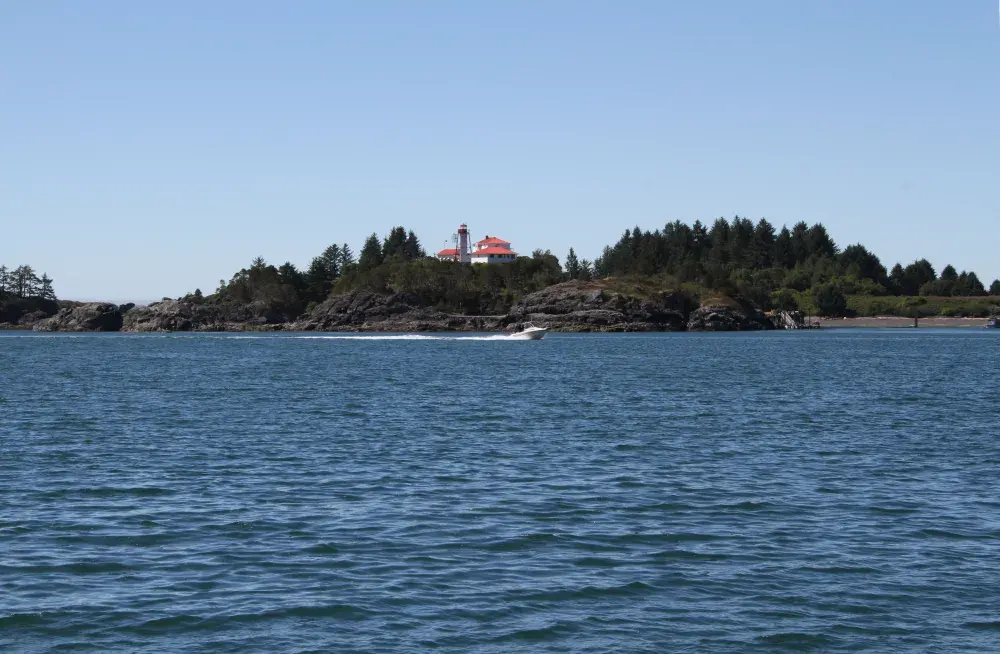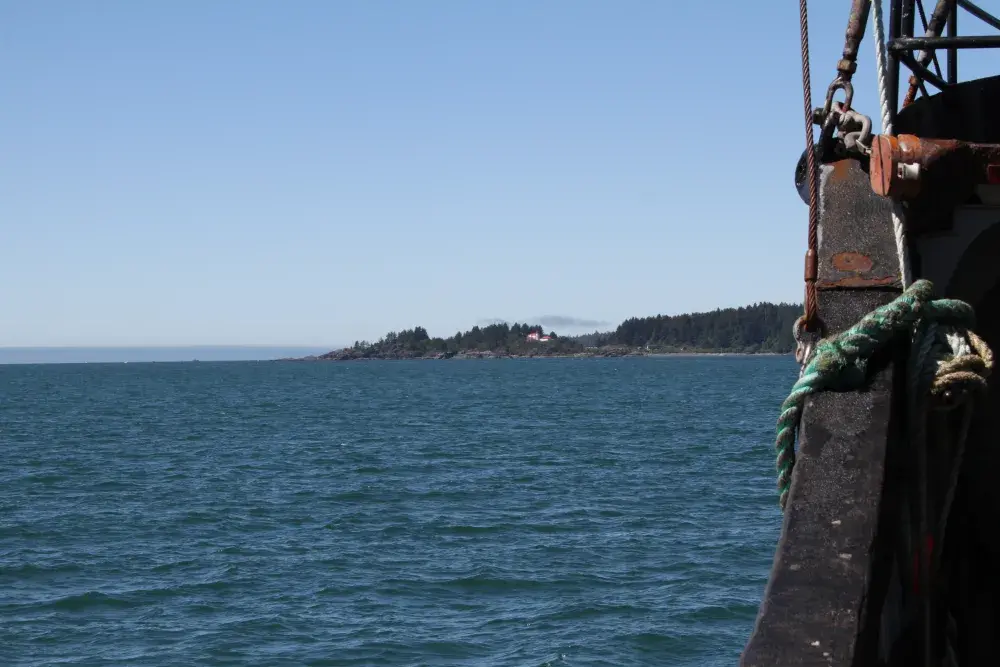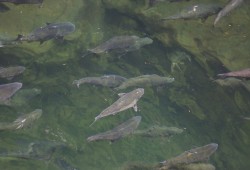The Province of B.C. with coastal First Nations are co-developing British Columbia’s first-ever Coastal Marine Strategy.
Slated to be released in 2024, the Coastal Marine Strategy will guide the provincial government for the next two decades on setting priority actions to improve the health and biodiversity of coastal marine environments, adapt to climate change, grow a sustainable economy and advance reconciliation.
British Columbia is one of the few maritime jurisdictions in North America without a comprehensive coastal marine strategy.
British Columbians were invited to participate and share their values on the broad vision for the coastal marine environment. In addition to more than 900 submissions received in a four-month period from December 2022 to April 2023, the Ministry of Water, Land and Resource Stewardship also held a number of open houses in June 2023.
A summary of the hundreds of submissions received from individuals, environmental non-governmental organizations, local and regional governments, industry associations and businesses across B.C. is now available in the Coastal Marine Strategy's What We Heard report. The report summarizes key themes captured during the public engagement and will help inform the Coastal Marine Strategy.
"Healthy and biodiverse coastal marine ecosystems that are stable, vibrant and full of life, predictably deliver a range of benefits to people and help mitigate the impacts felt by a changing climate," said Nathan Cullen, minister of Water, Land and Resource Stewardship in a press release. "That is why our government and coastal First Nations have made the co-development of a Coastal Marine Strategy a key priority."
Key issues raised through public engagement include protecting and restoring B.C.’s Pacific wild salmon stocks.
“Many respondents suggested that sustainable fisheries and better management of extractive and commercial fisheries should be encouraged,” states the What We Heard Report. “Concerns about open net– pen fish farms and their impacts on the health of Pacific wild salmon populations were mentioned frequently.”
The First Nations Fisheries Council of B.C., who have recently formed the Save our Salmon (SOS) coalition, were not able to commit to an interview with the Ha Shilth Sa before deadline, but did say in an email that they are “working to convene First Nations and Crown governments to work holistically and address the numerous factors that are contributing to the decline of wild Pacific salmon, throughout the life cycle stages from freshwater to marine conditions.”
In order to give Pacific salmon the best chance of recovery, the FNFC said they will be looking at all factors and possible actions, including working collaboratively and in a coordinated manner on initiatives such as the Coastal Marine Strategy.
Other key issues raised in the What We Heard Report include addressing pollution in the province’s coastal and marine environments, dealing with the impacts of shipping and vessel traffic in British Columbia’s coastal waters and addressing climate change by prioritizing mitigation and resilience from the effects of global warming.
Many respondents also noted the importance of empowering Indigenous peoples in B.C. and including Aboriginal knowledge in decision making.
The Coastal Marine Strategy will concentrate on activities, uses and values that the Province of British Columbia is accountable for in the marine environment, while recognizing the need for strong collaboration and co-operation with First Nations and other governments that share responsibility.
“Such a strategy requires recognition of UNDRIP and needs to actively involve First Nation co-governance, inclusion of traditional values and perspectives and co-stewardship to ensure the preservation of diverse and healthy marine ecosystems for future generations,” said Damon Nowosad, a biologist with the Q'ul-lhamunutsun Aquatic Resources Society, in a press release. “We are encouraged by this strong initial collaboration and acknowledge the additions of Indigenous ethics, First Nations relationships to the sea and the overview of reconciliation and the rights of Indigenous Peoples sections within the paper."
The strategic initiatives proposed in the Coastal Marine Strategy will expand on existing programs, present new concepts and identify shared values that will guide provincial actions over the next 20 years.
Once complete, the Coastal Marine Strategy will be strengthened through alignment and co-ordination with B.C.'s Wild Salmon Strategy and the Watershed Security Strategy, which is in development.



